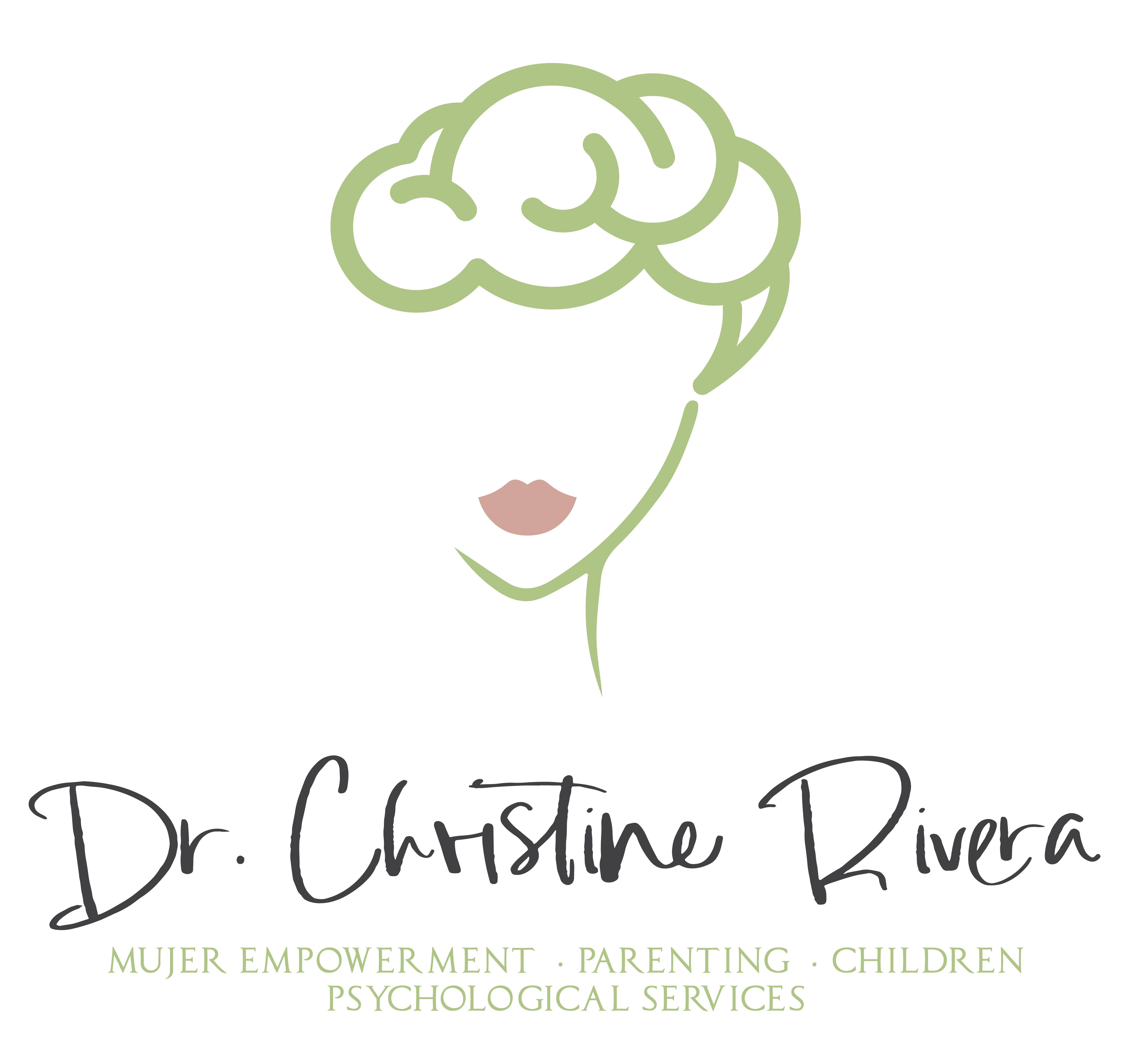Self-compassion, a construct developed by Dr. Kristin Neff, is the act of being kind to oneself, maintaining presence and curiosity, and having an understanding of common humanity.
Simply speaking, self-compassion is the act of treating yourself the way you would treat someone you love. Picture a close friend or family member who is going through a rough time with something. How would you respond to them?
The reason this concept is being talked about and researched is because so many of us are hard on ourselves. How often do you find yourself saying, “I shouldn’t have done that!” “I’m so dumb.” A large percentage of people tend to talk down to themselves and be self-critical. Self-compassion counteracts the negative self-talk that most individuals engage in and creates a healthier internal atmosphere. Individuals with self-compassion report higher levels of psychological well-being, happiness, and healthier relationships while also reporting lower levels of depression.
Self-compassion also predicts parental well-being. This means that no matter the behavior a child has, a parent’s level of stress is improved by having self-compassion. Research highlights the importance of cultivating self-compassion when we are parenting or working with a child.
The more emotionally healthy the adults around a child are, the more examples that child has for self-love, self-compassion, self-kindness resulting in a healthier child.
I have a 1-year-old son who is starting to have intense tantrums with big feelings about things like going inside, turning the faucet off, or not letting him play with a glass cup. Recently, he was upset because it was getting cold and we had to stop playing with water outside. The minute we walked into our house he started screaming, throwing himself on the floor with soaking wet clothes, and crying. I lost my patience and walked away because I got so frustrated resulting in him crying harder and louder. I felt so guilty afterwards because what I SHOULD have done was stay calm and hold space for him to be upset about going inside. I felt dumb. But instead of dwelling on being a “bad mom” or “dumb” I engaged in a self-compassionate practice. I acknowledged that this was a hard moment and that I had a long day. And I can try to do better next time. Engaging in a more compassionate way allows the space for self-soothing and easier recovery. I can then begin to problem solve and say, “how could I have reacted differently?” or “how will I approach him next time so that we can work through this together?” These responses not only feel better to me; they are also more productive to my relationship with my son. I can then move forward in repairing the rupture that just happened. Thankfully, kids are so forgiving of our imperfections as mamas.
Self-compassion fosters the space for mistakes but also accelerates our recovery from mistakes and allows us to learn.
The concept of self-compassion can play a healing role in this lifelong journey of parenting that can, in turn, benefit our self-perception as well as our children’s healthy development. Let’s challenge ourselves to be self-compassionate today when we feel overwhelmed, stressed, or worried.
The act of loving ourselves and treating ourselves with kindness will enable us to stay present, self-soothe, and model for our children how to love themselves with their strengths and, more importantly, with an acceptance of their weaknesses.
If you would like to learn more about relating to yourself with love, self-compassion, and acceptance reach out to start your therapeutic journey. You can also check out Dr. Kristen Neff’s free meditations at http://self-compassion.org/
Sources:
Neff, K. D. (2009). The role of self-compassion in development: A healthier way to relate to oneself. Human development, 52(4),211-214.Neff, K. D., & Faso, D. J. (2015). Self-compassion and well-being in parents of children with autism. Mindfulness, 6(4), 938-947.


